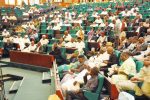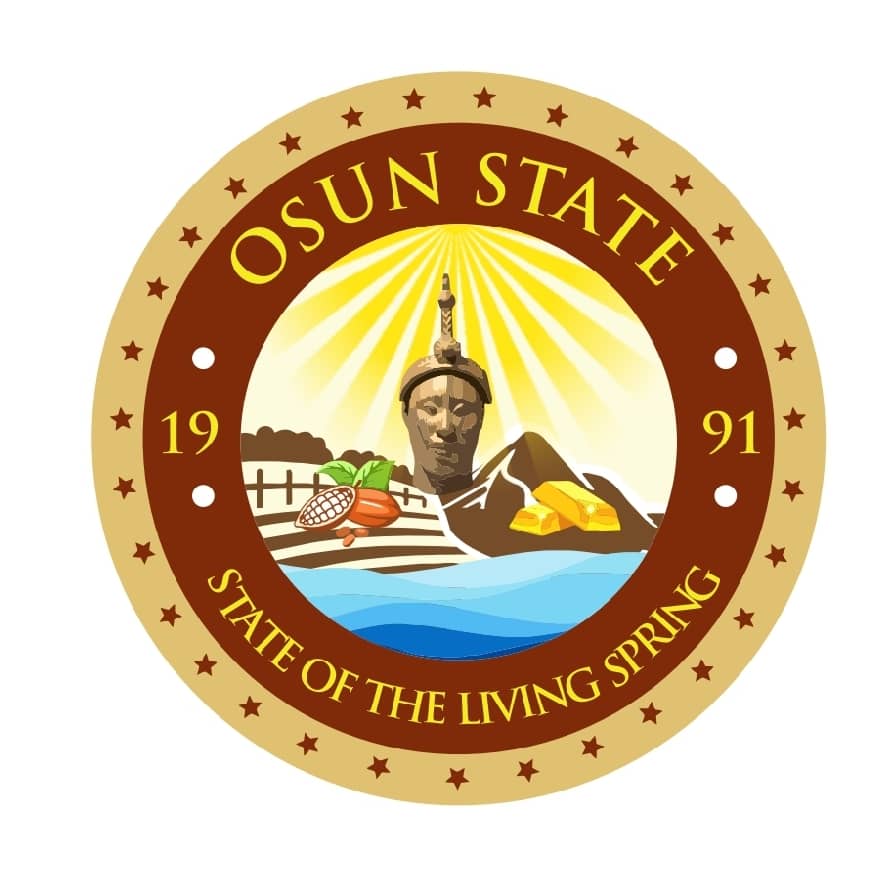Nigeria Collaborates With Microsoft On Digital Transformation


The Nigerian Government and Microsoft have announced a joint initiative aimed at intensifying the nation’s move to become a more digital economy.
After extensive consultations with the government, Microsoft identified three key pillars that will help build strong foundation for a digital economy in Nigeria: connectivity, skilling and digital transformation.
In a statement issued by Microsoft which reads in part, Microsoft said,
“We believe in the future of Nigeria, and we are excited as a company to add to our investments,” says Brad Smith, Microsoft President. “Together, we have an enormous opportunity to put technology to work, create jobs, to foster the technology ecosystem across Nigeria, and to use technology to preserve the best of the past and take us into the future.”
Microsoft also said it will be engaging 1,700 trainers that will provide training to Nigerian youths and Government workers.
“To ensure sustainable digital transformation, Microsoft is committing to upskilling five million people in Nigeria over the next three years. To help reach this goal, 1,700 trainers will provide blended online and in-person training courses to the country’s youth as well as government workers. Government will also be given the tools to digitally transform skilling, education, and employment methods to match job seekers with the right employers. In doing so, we hope to create over 27,000 new digital jobs in the next three years.
“We are setting ourselves a big goal, to bring access to digital skills to five million people in Nigeria over the next three years,” continues Smith. “But this is not something we can do by ourselves. We will equip master trainers and, along with them, are committed to creating thousands of new jobs.”
The final pillar, digital transformation, will initially be made up of two initiatives. The first will address corruption, a major global challenge with economic losses totalling $3.6 trillion each year. By collaborating with local partners, Microsoft will support the design and implementation of cloud-based tools to further enable government’s fight against corruption. Microsoft will be partnering with the Economic and Financial Crimes Commis
sion to apply technologies like artificial intelligence and machine learning to help identify potential risk, highlight them, and reduce corruption.
The second initiative will help protect Nigeria’s rich cultural heritage, as Microsoft will look to deploy artificial intelligence tools to safeguard these treasures for future generations. Through a newly formed partnership with the National Institute of Cultural Orientation, Microsoft will support the organisation’s efforts to preserve and revive Nigeria’s three major indigenous languages: Hausa, Yoruba, and Igbo.
“This is one of our favourite projects that we pursue around the world. It uses the most advanced technology of the 21st century to nurture and keep alive the culture that has been so important for humanity from the centuries past,” concludes Smith.
A joint working committee will guide these investments, and will provide updates on the programmes announced, and new programmes that may follow.










